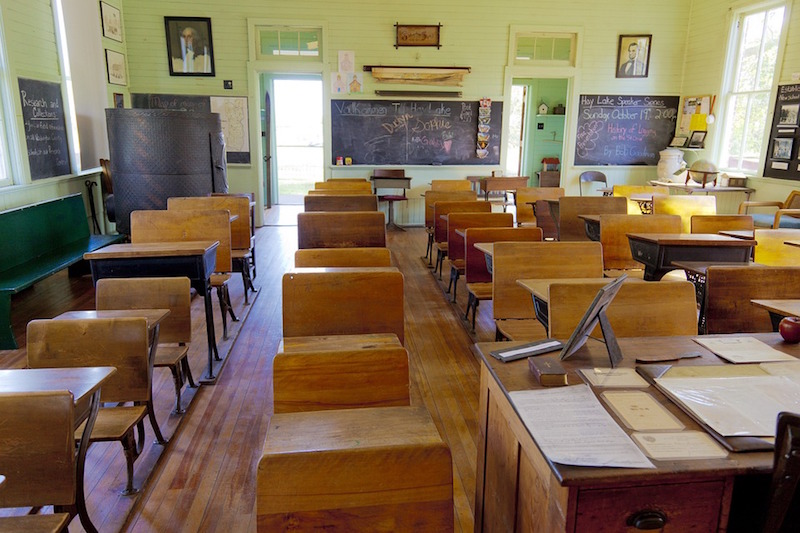The U.S. Department of Energy recently launched the zero energy schools accelerator, an effort to develop cost-competitive zero energy school design.
Six school districts, two states, and several national organizations are working collaboratively on the effort. DOE defines a zero energy building as “an energy-efficient building, where on a source energy basis, the actual delivered energy is less than or equal to the onsite renewable exported energy.”
The program’s goal is to quickly make Zero Energy K-12 schools more mainstream. Participating school districts commit to developing their own zero energy plans for a district project within a year. They can also engage with fellow states and school districts, and gain support from regional and national organizations.
Officials kicked off the program at a school in Arlington, Va., that features advanced next generation energy efficiency and renewable power features, including solar rooftop and geothermal heating and cooling systems. Zero Energy schools have the potential to save 65%-to-80% in energy consumption, depending on climate the zone, DoE says.
Related Stories
| Jan 30, 2012
ZigBee and ISO 50001: Two new standards to make buildings greener
These developments demonstrate the dynamic nature of the market and the continued need for development of program standards of many different types that help builders and owners translate high performance and sustainable buildings goals into practical measures on the ground.
| Jan 30, 2012
New firm-fixed-price rules on federal contracts impact construction industry
Contractors will need to be on the lookout for policies such as the Contractor Accountability for Quality clause.
| Jan 30, 2012
Roofer’s fatal plunge demonstrates need for fall-prevention regulations
“The biggest problem is getting our workers to use the equipment,” says Michael J. Florio, executive director of the organization.
| Jan 26, 2012
Tampa moves to streamlined online permitting system
The system will replace an inefficient patchwork of old software and is designed to provide businesses, homeowners, and contractors with online access to permitting and licensing information.
| Jan 26, 2012
EPA to collect more data, seek comments before finalizing mud rule
The EPA says it will seek more data and is accepting comments until March 5.
| Jan 26, 2012
Industry challenges Connecticut's suit over defective construction work
The dispute arose over multimillion-dollar leaks at the University of Connecticut's law library.
| Jan 26, 2012
Earthquake 'fuse' could save buildings during temblors
The idea is to use an earthquake "fuse" that can prevent the tiny fractures and warps that make structures unsafe after a quake and very expensive to repair.
| Jan 26, 2012
HPD open materials standard for green building materials gains momentum
GreenWizard, provider of a cloud-based product management and project collaboration software, is the latest industry participant to sign on
| Jan 26, 2012
Siemens launches smoke detection knowledge center
New knowledge center web site demonstrates efficacy of smoke detection.
| Jan 18, 2012
Chile's seismic code upgrades credited with saving lives in 2010 quake
Since 1960, when Chile suffered a 9.5 magnitude quake, the largest ever recorded; the country has steadily improved building codes to protect lives and property.

















